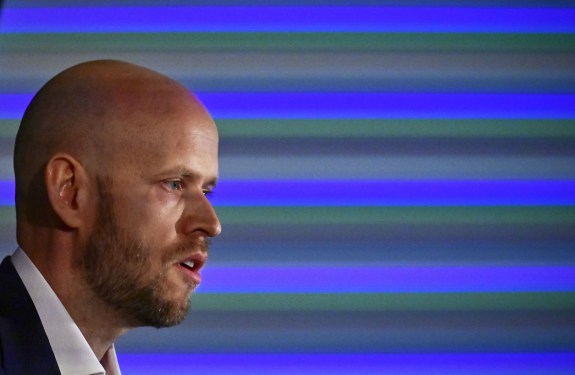The Fast Fashion Industry’s Troubling Track Record
The fast fashion industry has long been associated with labor issues, copyright problems, and a significant environmental impact. Despite these concerns, venture capital (VC) firms continue to invest heavily in companies like Newme, Shein, and Cider, which have all faced allegations of labor malpractice and design copying.
Newme: The Latest Fast Fashion Startup to Attract VC Attention
On Wednesday, my colleague Manish Singh reported on a potential Accel investment into Newme, a fast-fashion startup based in India. Newme is an app-based retailer that produces 500 new items a week at an average price tag of $10. This news comes just a week after the company closed a seed round.
Accel and Newme’s Response
Neither Accel nor Newme responded to requests for comment on this potential investment.
The Similarities Between Newme, Shein, and Cider
Newme bears a striking resemblance to other VC-backed fast-fashion startups like Shein and Cider. Shein has raised an impressive $4 billion, while Cider has been valued at $1 billion by Andreessen Horowitz. Cider claims its on-demand inventory makes it a more ethical fast-fashion option, but this assertion is open to debate.
The Fast Fashion Business Model: Cheap Labor and Copyright Issues
Fast fashion companies have achieved rapid popularity and large followings by bringing clothes from the runway to local department stores in record time. However, this strategy relies heavily on cheap materials and underpaid labor. In many cases, these companies also engage in copyright infringement by copying designs.
H&M, Zara, and Primark: The Pioneers of Fast Fashion
H&M, Zara, and Primark have been around for a long time and have faced numerous controversies related to labor issues and greenwashing. H&M has been sued for allegedly using forced labor in its supply chain, while Primark has been accused of ripping off designs from Vans.
The Environmental Impact of Fast Fashion
The fast fashion industry generates more pollution than the aerospace and maritime industries combined each year. This staggering statistic highlights the urgent need for companies to adopt greener practices. As environmental regulations become stricter across the world, fast-fashion companies must adapt or risk facing severe consequences.
Why VCs Keep Investing in Fast Fashion Companies
Despite the numerous concerns surrounding the industry, VC firms continue to invest heavily in fast fashion startups. There are several reasons for this:
- Growth potential: The fast fashion market is projected to grow significantly in the coming years, making it an attractive investment opportunity.
- Low barriers to entry: Starting a fast-fashion company requires relatively low upfront costs, allowing new entrants to quickly scale and gain traction.
- High margins: Fast-fashion companies can achieve high profit margins due to their ability to rapidly produce and distribute trendy clothing at affordable prices.
The Dark Side of the Fast Fashion Industry
While the fast fashion industry has its growth potential and attractive investment opportunities, it is essential to acknowledge the significant social and environmental costs associated with this business model. As consumers become increasingly aware of these issues, companies like Newme, Shein, and Cider must address their labor practices and environmental impact or risk facing severe backlash.
Conclusion
The fast fashion industry’s troubled track record raises important questions about the ethics and sustainability of VC investment in this sector. While growth potential and attractive margins may make fast-fashion startups appealing to investors, it is crucial to consider the long-term consequences of supporting companies that prioritize profits over people and the planet.
Related Articles
- The Dark Side of Fast Fashion: How Cheap Clothes Come at a Steep Price
- Fast Fashion’s Environmental Impact: The Unseen Costs of Style
- Why VCs Are Pouring Money into Fast-Fashion Startups (and Why They Shouldn’t)






